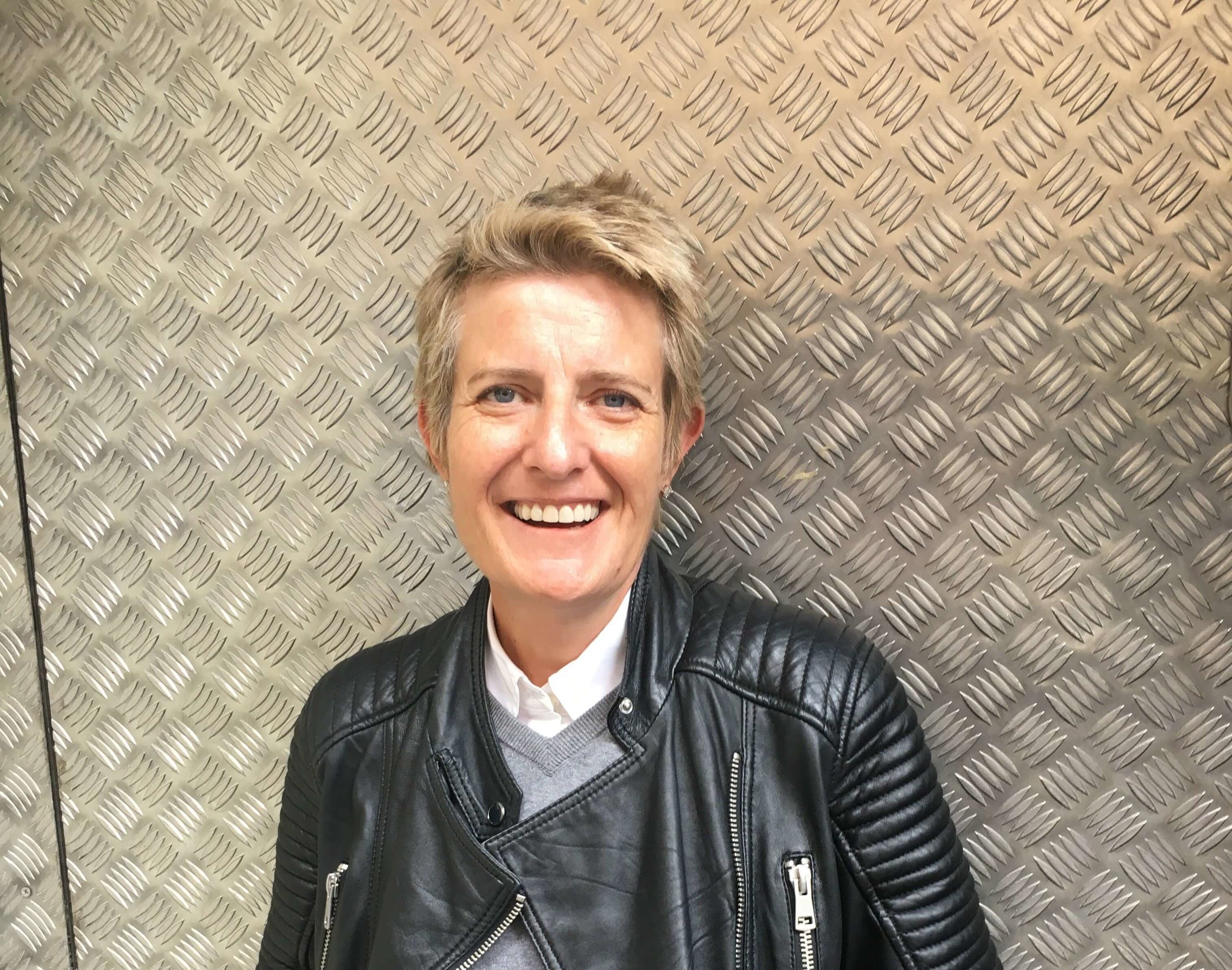
PaySpace Magazine has reached out to Goldex Founder and CEO Sylvia Carrasco to talk about Basel 3 and the importance of gold investment and much more!
Tell us about Goldex and what inspired you to set up the company
Goldex is the world’s only multi-dealer marketplace for allocated physical gold that offers an integration for other finance companies. ‘Allocated’ means that you own physical gold that legally belongs to you. Your readers may be surprised to learn that, when they buy gold from a bank, for example, they’re most often not actually buying gold that belongs to them.
We started Goldex for one reason – to democratise the world of physical gold investments by giving retail buyers access to a market that has traditionally been the preserve of large financial insitutitions.
We specialise in partnering with fintechs and embedded finance operators who wish to add gold to their product offering. Once connected, they can then give access to the world of physical gold investments to their own retail customers.
What makes you unique from your competitors?
A few things. Firstly, we are the only multi-dealer marketplace for physical gold for retail investors. It’s significant because it means that the multiple dealers on our platform provide price discovery and consolidation for the end buyer who gets the best possible price. Having multiple dealers in our marketplace also offers deep liquidity. In effect, we have brought best execution – a concept common in equities and other asset classes – to the gold industry for retail buyers.
Secondly, and most importantly, we are also the only gold multi-dealer marketplace to offer a simple integration to other financial companies via API or FIX.
How would you define Basel 3?
Basel III was launched back in 2009, partly in response to the financial crisis. It aims to ensure banks have sufficient capital, liquidity and less leverage in order to be able to withstand economic shocks.
Importantly for gold, Basel III reclassifies it as a “tier 1” asset, meaning it is now defined as zero-risk. That means it is considered a cash equivalent. Now central banks can value their physical gold at 100% of its value. However, and this bit is key, their gold must be physical and provable.
The requirements of Basel III were due to come into effect next January in the UK but that date has been pushed back to March 2023.
How has Basel 3 disrupted the gold investment space?
The impact is huge. The physical-gold requirement of Basel III has huge implications for commercial banks, bullion dealers and others that trade in unallocated gold. Unallocated gold – the most widely traded form of gold in the market – is not actual physical gold. It’s what you usually get when you buy gold from the bank but your investment just sits on the bank’s balance sheet. You don’t own gold. Conversely, the gold bought through Goldex is only ever physical metal that 100% legally belongs to the buyer.
Now Basel III requires financial institutions to put up 85% of the value of their unallocated gold in cash. Before Basel III, it was 0%. What does this all mean? It means that the entire trading, clearing, financing and settlement infrastructure of unallocated gold becomes exponentially more expensive. Some bullion banks and other institutions may have to potentially close down the unallocated parts of their businesses.
When we opened the B2B side of our business, we shared our full opinion on the implications of Basel III, which you find on our website.
What are the market opportunities for gold fintechs such as Goldex?
Gold is considered niche when it is anything but. In London alone, £4.5bn of allocated physical gold is traded every single day. That’s huge! The value of all mined gold is 16 times greater than Bitcoin. And the demand for physical gold grew 40% from 2019 to 2020. Not so niche, eh?
Even with that backdrop, actually offering access to the allocated physical gold market is super difficult. Why? Well, if a fintech wants to offer allocated gold to their customers, they will quickly discover that gold dealer technology is often obsolete, they face liquidity issues when working with siloed dealers one-on-one and each gold dealer sets their own standards, e.g. for quality and quantity of the gold they sell. Never mind the fact that building what we’ve built takes significant amounts of money and time. It’s time that financial companies don’t have when they have their own core infrastructure to develop and their competitors are moving just as quickly.
That’s why we built Goldex. Any fintech, embedded finance operator or other financial company can integrate with us in 6 weeks. Once integrated, they can access our multi-dealer marketplace whilst retaining control of their branding and customer service. It’s plug and play.
How important is Eastern Europe to Goldex’s expansion plans?
Very. Gold has long been seen as an effective store of value in Eastern Europe and, so, demand for the metal is strong. In the past year or two, a number of national banks in the region, including Poland and Serbia (and Hungary in Central Europe) have significantly increased their gold holdings in response to increasing instability. Gold continues to act as insurance against what may come and demand has never been higher.
We are currently integrating with a number of partners who have some reach in the Eastern European region. However, we’d love to partner with more.
How can we encourage more people to invest in gold?
Through education in why they should buy gold in the first place. The summary of those lessons is that gold is an effective insurance policy against market volatility and, through the ages, it has acted as the most effective store of wealth. There’s a reason why gold has been around for millenia as a medium of exchange that has grown in value while others – including fiat currencies – have come, gone and lost their value. Just think about your bank balance and how it’s depreciating thanks to high inflation.
If your readers would like a quick overview of the gold industry in under 10 minutes, we recently published our “Gold Guide” on our website.
Gold vs Crypto – what do you think about this debate? Is gold a better investment choice over crypto?
We’re often asked whether people should buy gold OR crypto. Our answer has always been “both – the choice isn’t binary”. Holding both gold and crypto allows investors to ensure they have an effective, low-risk store of wealth in gold, whilst also being able to speculate in the emerging world of crypto.
Your readers might be surprised to hear that the person who invests in gold has a similar mindset to the person buying crypto. They buy either asset to take their money out of the banking system and as a hedge against inflation. For both, they want the real deal – to own the underlying asset, not an ETF, certificates or inclusion on a balance sheet. We shared our opinion on this topic in more detail just a month or two ago.
What will the gold investment sector look like in 10 years time?
Companies like Goldex will have brought to the sector what has been lacking for years – disruption. The gold investments sector is eons behind others, such as equities, because there has been a startling lack of innovation. As a result, retail investors have been largely closed out of the allocated physical gold market. Access is still pretty much the preserve of financial institutions.
The whole financial sector will have fully come online – it’s behind when compared to other industries such as ecommerce and travel. However, the transformation of the finance sector will be led by the fintechs who race to become super apps – one-stop shops for all their users’ finance needs. Think Revolut or FreeTrade – both have at least a $5.5bn valuation and both compete to keep their users through rich product offerings. As these fintechs build out their product suite, more and more people will gain access to investment in physical gold. Right now, those fintechs look to Goldex to fill that gap. But, hopefully I’ve explained how we are the best option for them to do so. Together we’ll transform gold investments in hopefully less than 10 years.
What was the company’s latest achievement?
It’s only been 6 months since we launched our B2B integration for finance companies. We actually started out by offering our own B2C app, which is still actively growing, but then saw the larger B2B/B2B2C market as offering another huge growth opportunity. We were staggered by the response and currently have dozens of interested partners in our pipeline. If you’re the founder of a financial company, we’d love to discuss how we can offer your customers in the region access to physical gold.
We hope to be able to share our first launch partners in the coming month or two! From there, well let’s just say that the trading technology we’ve built can do many things aside from offer gold. That’s where we’re headed.
SEE ALSO:









